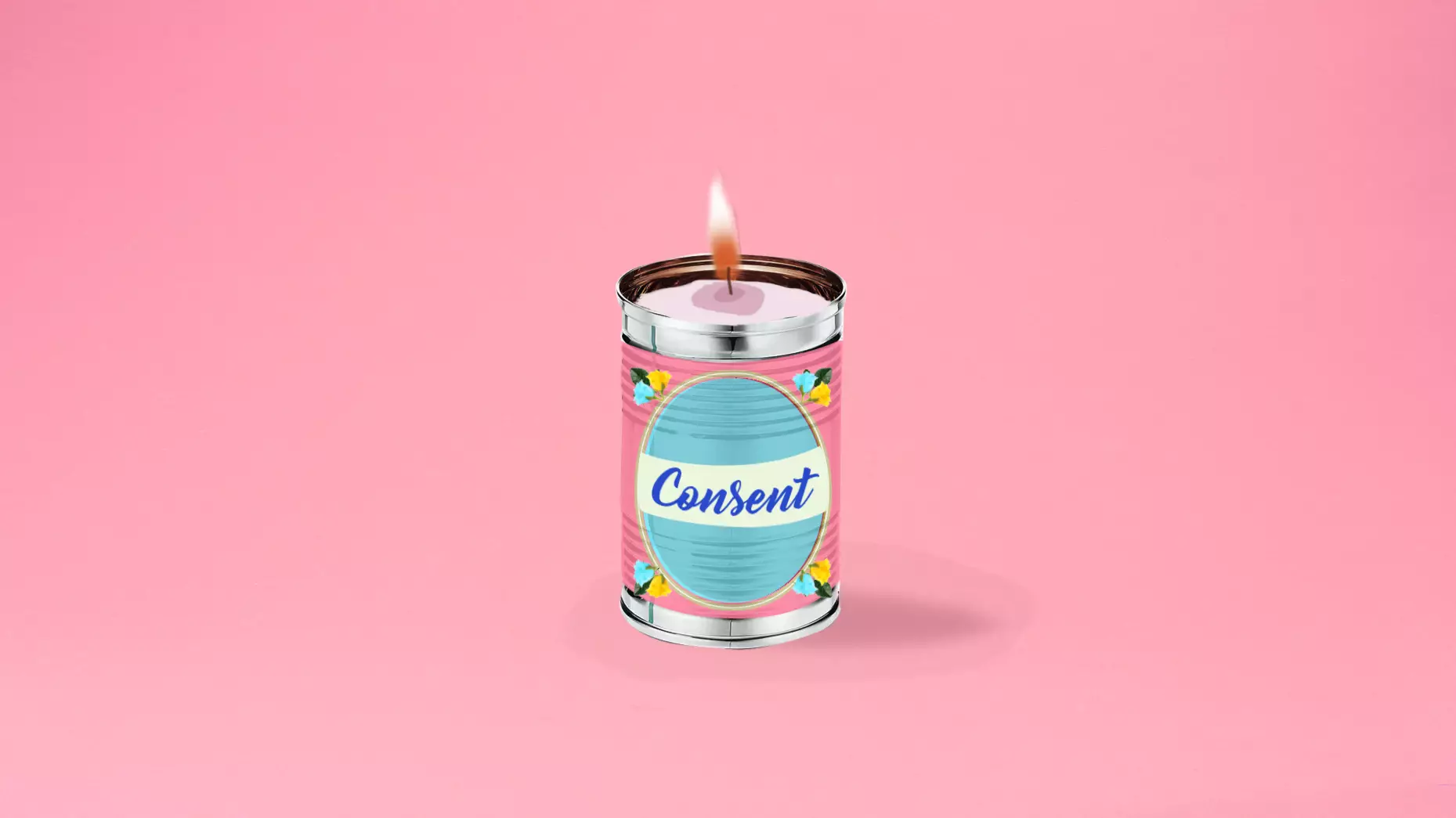
Let's talk about sex. And not in the Salt N Pepa way. We all know sex can be one of the most amazing things: to do, to think about, to relive the memories of... but there's one crucial thing that's needed for this to be true: consent. It's time to talk about YES.
If a woman doesn't consent to sex, it's rape. Simple, right? Unfortunately, not all European countries think so. In a recent report, Amnesty International revealed that only eight countries in 31 reviewed in Europe have laws which state that sex without consent is rape, instead defining rape by other measures such as whether violence was used.
We think this is wrong, which is why we've teamed up with Amnesty International to get the conversation going... so #LetsTalkAboutYES. It's a three-letter word that stands for so much. But what is consent? Have you ever been discussing a rape case, and heard someone in the group say she consented because, 'Well, they were both drunk...' or have you ever heard it suggested that what the woman was wearing meant she was kind of, maybe, 'up for it' that night...?' These are unfortunately all too common perceptions that result in women being blamed for rape. And this is wrong. Sexual consent must be a voluntary and free choice for all parties involved. Lack of resistance, silence or certain clothing do not mean consent to sex.

We're saying 'she' because victims are overwhelmingly women. While rape of men exists, and is equally abhorrent, women and girls are disproportionately affected. The figures are staggering - in the EU, one in 20 women over 15 has been raped, which equates to around nine million women. Behind these statistics is the issue of consent. Amnesty International's report, 'The Right to be Free from Rape,' explains why most of Europe's rape legislation is lacking compared with internationally-agreed human rights standards - and women are suffering because of these unclear laws and the stereotypes surrounding what constitutes rape.
If the law isn't clear, it gives rise to grey areas for dangerous assumptions to creep in. As the Amnesty International report says, 'There should be no assumption in law or in practice that a victim gives her consent because she has not physically resisted the unwanted sexual conduct.'
We know there are lots of reasons a victim might not resist. Often they donʼt - or canʼt - physically resist. Sometimes people freeze and canʼt defend themselves, or they could be semi-conscious through alcohol or drugs. It needs to be made clear that just because someone didn't actually say 'no', it doesn't mean they said 'yes'.
Another myth is that there are lots of false rape reports, when in fact there is no evidence for this. If anything, rape is underreported because people fear they won't be believed.
A country's legislation underpins people's attitudes and behaviours. While changing the law will not prevent rape, it is a fundamental part of creating a consent culture - a country with a clear stance, that sex without consent is rape, sends the right message.
So let's all be clear with each other. If there isn't consent - it isn't sex, it is rape. For those nine million women, and for ourselves, #LetsTalkAboutYES.
To sign Amnesty International's petition for Denmark to change their law to be consent-based, click here.
Featured Image Credit: